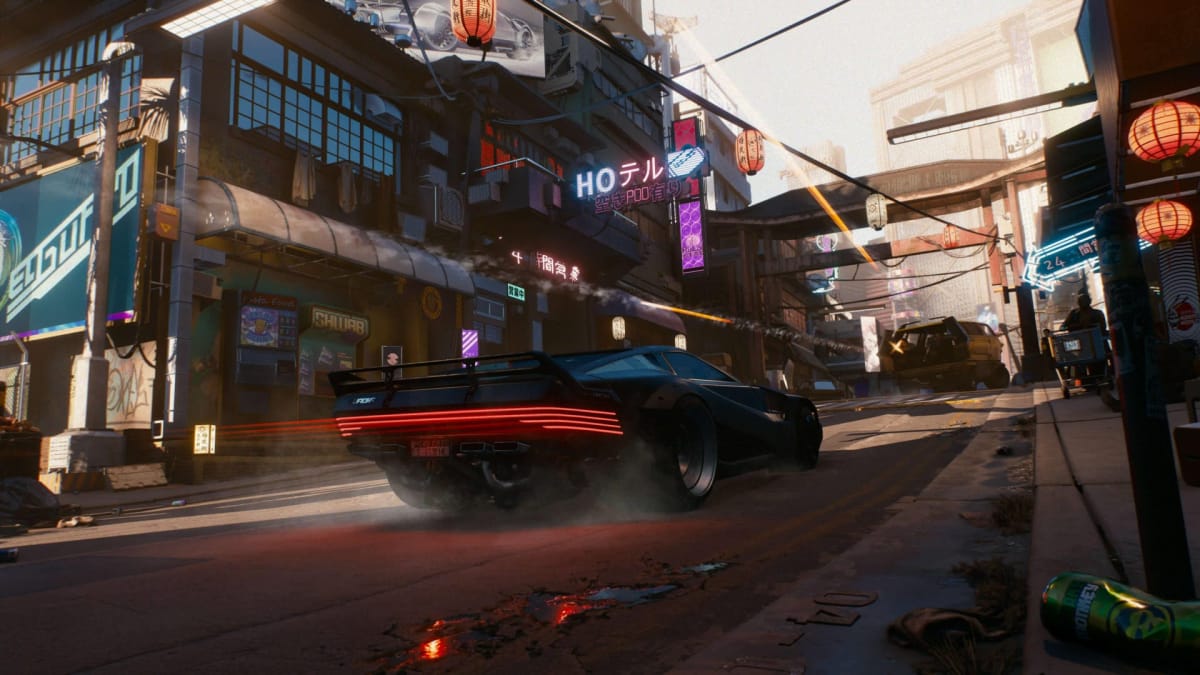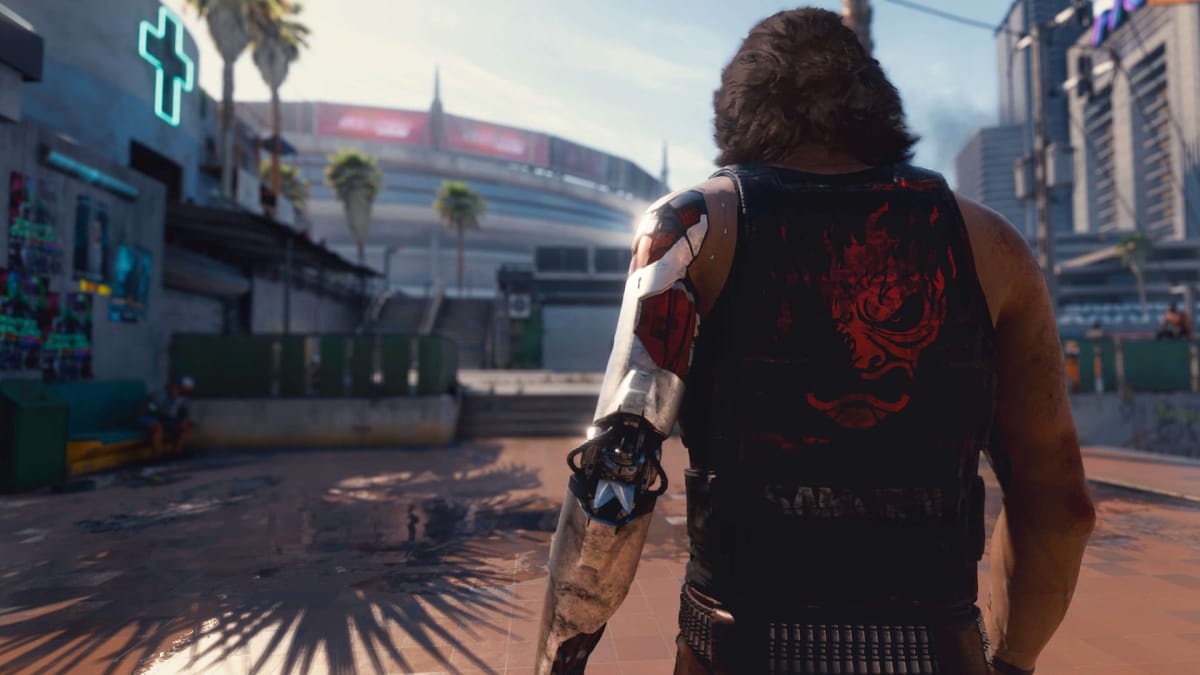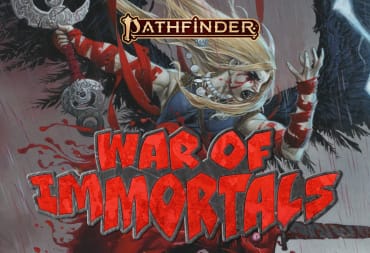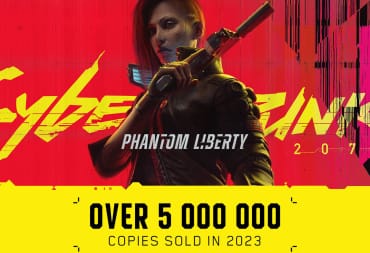With only a few weeks to go before the next generation of consoles are released to the public, game developers are almost certainly in a rush to meet deadlines. Under normal circumstances, releasing a brand new game for a brand new console is almost assuredly hard enough. After all, these launch day games are literally setting the bar for an entire generation. Some highly anticipated titles, like Halo Infinite, have already had their release dates pushed back because they weren't living up to the high expectations that people have. The fact that there is a pandemic ravaging the world undoubtedly makes things significantly more complicated for developers. In order to release a finished product on time though, some developers are opting for mandatory crunch time. One such developer is CD Projekt Red, whose employees have entered crunch time so that Cyberpunk 2077 can actually be released on Nov. 19.
For those who are unfamiliar with the concept of crunch time, think of it as a kind of overtime. Deadlines simply have to be met, so developers occasionally have to stay at the office beyond normal working hours. The difference between normal overtime and crunch time however is that the exact nature of crunch time has historically varied from developer to developer, or office to office in the case of larger developers. In some cases, it's likely no different from normal paid overtime.
In more extreme cases however, crunch time means being forced to sleep at the office, working weekends and late nights, possibly without extra pay or any pay at all. This means 60, 70, 80, perhaps even 100 hours of work per week. Some allegations claim that certain companies (e.g. Rockstar) hired laundry services during crunch time, the implications of which should be clear. Crunch can go on for weeks, or months, where employees practically can't see their families for fear of being fired. Worse yet, if you refuse to crunch, then you may be removed from a game's credits, which is rather blatant character assassination.
Unfortunately, this scenario is so common that it is effectively synonymous with the term crunch time. Some companies (e.g. Rockstar) go so far as to cultivate a "culture of fear" revolving around mandatory crunch. The only light at the end of this very bleak tunnel is that the workers might, emphasis on might, get a bonus if the game sells well. If you wanted an example of how exploited workers are having their labor stolen so that a business can chase infinite profits in the gaming industry, then this is probably the most blatant illustration that you can get.

With that in mind, it shouldn't be much of a surprise that people were concerned about CD Projekt Red's mandatory crunch time for Cyberpunk 2077. It's not as if the developer had a spotless record before either. Seemingly credible claims of worker abuse during The Witcher 3's development cycle painted the company as just as bad as Rockstar when it came to the exploitation of workers.
In fact, it is alleged that CD Projekt Red was already crunching for Cyberpunk 2077 as far back as June 2019, possibly even 2018, where 16-hour work days were the norm. Working conditions are allegedly so bad that some CDPR employees only found out about the game's initial delays via Twitter. If such claims are true, then it would definitely destroy the positive image that CDPR has been trying to build up over the years, including a promise that they made in 2019 to avoid mandatory crunch.
But what of the other side of the story? CDPR, naturally, alleges that claims of worker abuse are grossly overexaggerated. Plus, it's not like CDPR could've possibly predicted the COVID pandemic before they made their promise to avoid crunch. Die-hard fans of the company will also be quick to point out that Polish labor laws supposedly limit employees to a maximum of 48-hour work weeks regardless of how much overtime your boss wants. In addition, CDPR loves to brag about how 10% of the annual profits made during 2020 will be split among employees. Obviously, this sounds like a great deal if the hype for Cyberpunk 2077 translates to real sales. But what does such a seemingly generous bonus actually translate to?
For a rough idea of what this bonus looks like in practice, one should probably take a peek at The Witcher 3's sales figures. The game made a profit of $62.5 million in the first half of 2015. For argument's sake, let's say that Cyberpunk 2077 will thus make $130 million within a year of its release. According to CD Projekt's 2019 management board report, there were 859 people who worked at three locations for CDPR itself. If you include all the employees under CD Projekt's umbrella, that number rounds out to 1,044 people.
In theory, this would mean that if every single person who worked for CD Projekt got the same annual bonus, each worker would get to walk home about USD $12,380 richer. Keep in mind that the bonus includes the entire year's profits, not just for Cyberpunk 2077's release so the actual bonus is likely going to be higher. Compared to Poland's estimated average gross annual wage of USD$16,640, that's not a bad deal at all. Of course, this is also assuming that each and every worker got the same deal exactly as it is worded, including the contractors.

Before you go and celebrate CDPR's innocence in the matter though, it should be kept in mind that the situation remains fishy, to say the least. For starters, the complaints about CDPR are neither random, nor recent, nor relegated to a single source. If you trust Glassdoor, a very common theme among both positive and negative reviews of the company are that there is a work-life imbalance and that management is far from ideal. Statements regarding the company's work practices have existed since The Witcher 3's development period, again with an emphasis on overworked employees. Not to mention the fact that Polish labor laws may sound awesome on paper, but let's not pretend that managers can't find ways to coerce people to stay "just a little bit longer."
Furthermore, the statement surrounding the annual bonus seems a little peculiar. The 2019 management board report does allude to such a bonus on page 29, but the wording is very specific.
"In recent years part of our net profit was allocated to bonuses and split among all employees on the basis of individual arrangements or with distinction to their employment tenure, position, individual achievements and accolades received in the framework of the feedback system," it states.
Nowhere does it say that the bonus is evenly split, nor does it preclude the idea that senior management or whoever is actually getting a huge chunk of the bonus while the rank-and-file workers get a much smaller slice of that 10% pie. And lo and behold, the most recent alleged Cyberpunk 2077 crunch time whistleblower has stated that this is more or less the reality of the situation. Did we mention that there's only about 40 days left in the year after the game releases? So you better not quit the company if you want to see the full annual bonus from the game itself.
Frankly, we might never know the full truth of what's going on with Cyberpunk 2077's development. On one side you have a corporation that has a vested interest in looking like the good guy of the game development world. They may be (in an ironic twist of events) demonstrating why evil corporations are a common theme in the cyberpunk genre, but at least they might pay well. Plus their products are generally quite good.
On the other side are no small number of anonymous workers whose stories match up with the allegations of countless other faceless workers in the industry, all claiming that they are being overworked, underpaid, and otherwise abused. It is through their blood, sweat, and tears that the games that we play are as good as they are, yet their experiences are almost unbelievable because we either can't or don't want to believe them. Regardless of where the truth is, it is clear that something must be done to address crunch time's notoriety, lest the industry as a whole collapse from within.
Have a tip, or want to point out something we missed? Leave a Comment or e-mail us at tips@techraptor.net













